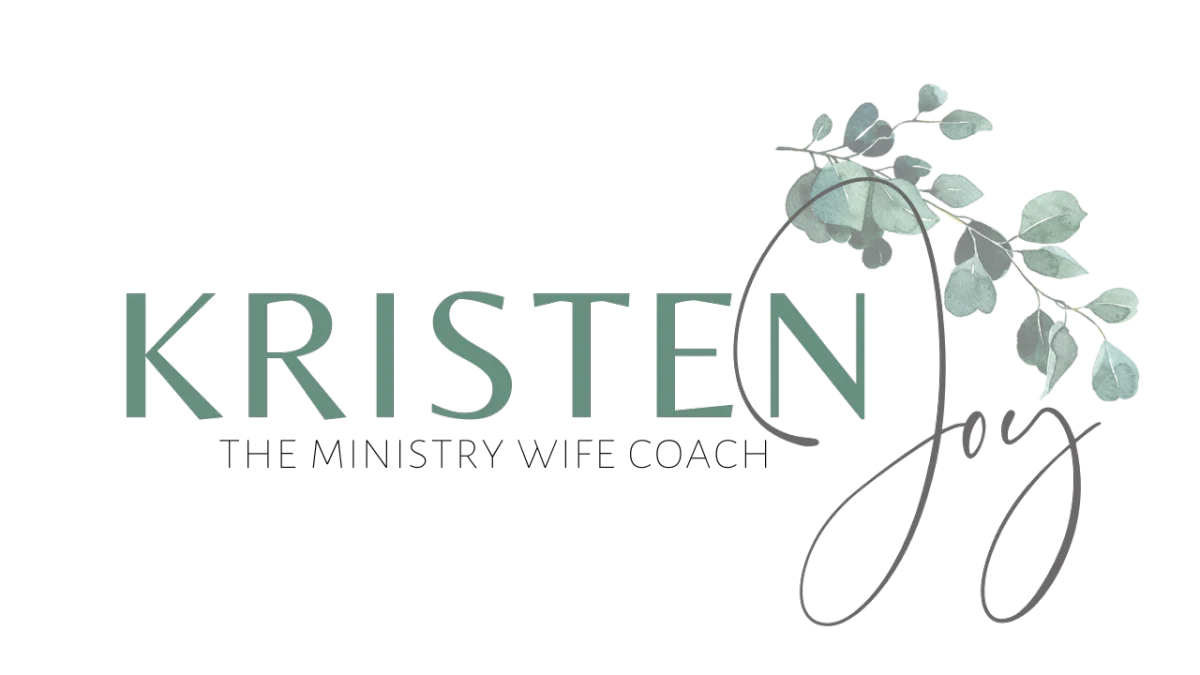Blog

Trauma-Informed Coaching

If you are here, you might be wondering a few things such as:
What is coaching?
What is trauma-informed coaching?
How is this different from other types of coaching and why does it matter?
Is coaching right for me?
Let’s take those questions one at a time.
What is coaching?
Coaching is a supportive growth process wherein a person has determined that wherever they are now isn’t where they want to be. Women most often come to the coaching process in order to tackle a specific problem or because they have a general sense that there is more to their life and they’re ready to invest time and money into finding out what that is. Having a trained, objective person outside of their situation is vital to the learning process, and often just what they need to begin to get “unstuck” and move forward with renewed hope and vitality.
Coaching can…
help to clarify values, goals, and belief systems in order to make a specific decision
help to walk out of hurt and into a place of healing
help broaden one’s view of themselves, God, and of others so that they can have life-giving relationships
help stay the course on a goal one has always wanted to accomplish…but hasn’t yet succeeded in achieving
Coaching is not advice-giving (consultation) or counseling. Those who choose coaching for support will not receive any diagnosis. If a trained counselor is needed, a wise coach will refer to someone best suited to give support in that area of mental health. Although coaching will often address learned patterns and growing to understand oneself more, the emphasis is on moving forward from where they are and helping them walk out their next best steps.
What is Trauma-Informed Coaching?
Trauma-Informed coaching is trained to recognize and understand when a person exhibits trauma symptoms and will help those in their care navigate trauma triggers when they arise. “Trauma-informed” is an approach to supporting people that recognizes symptoms and presentations of trauma that is stored within all of us as a result of those areas of wounding in our lives. With training in grounding and body-oriented techniques, trauma-informed coaches support their clients as they do the sometimes deep work of exploration in their hearts without allowing the client to become overwhelmed.
How is trauma-informed coaching different from other types of coaching?
As a trauma-informed coach, I have been trained in these areas and bring a depth of awareness and understanding to the coaching process that many other coaches do not possess. This does not mean that trauma-informed coaching is better than other types of coaching, but rather is different and brings this understanding as a strength to the coaching process. Those I serve most often do not know or are not ready to acknowledge that they have experienced trauma. They often do not understand the depth of impact these past experiences have had on their current life. If a client needs executive or leadership coaching, this requires different training and a different set of coaching strengths to support them in their goals. Not every coach is for every person, just as every client is not for every coach.
Why does having a trauma-informed coach matter to me?
When working with a coach, there are often many vulnerable “ah-ha” moments. Even the most aware person can be caught unaware of the level of emotion that sometimes arises in the coaching process. Coaching is a process of discovering new or remembering old beliefs about yourself, your dreams, your strengths, and your best hopes. Trauma-informed coaches understand that this can bring memories and emotions to the surface that you may have long forgotten about or hope to never remember. If you know you have experienced traumatic events or have lived with chronic/complex trauma, having a trauma-informed coach will be invaluable to your own growth and healing process. You will want to work with a coach who can help you navigate the inevitable emotions that will arise. Instead of approaching coaching with hesitation, having a trauma-informed coach frees you to know you’re in good hands. You will be safe to travel this unknown path because your coach is safe and knowledgeable and has your best life in mind.
Is Coaching Right For Me?
Whether you are hurting and looking for healing or ready to launch into an amazing new ministry or dream, coaching is invaluable. Investing in yourself is one of the best investments you will ever make because you will serve others and love them 10 fold as you are supported yourself. To best assess if coaching is the right next step for you, it’d be best to chat so I can learn about your goals, hopes, and expectations. Schedule a free initial coaching session to ask any questions and see if you’d like to work together. I look forward to meeting with you!
Ready to discover more for your life?
Site by Funnel Gorgeous
